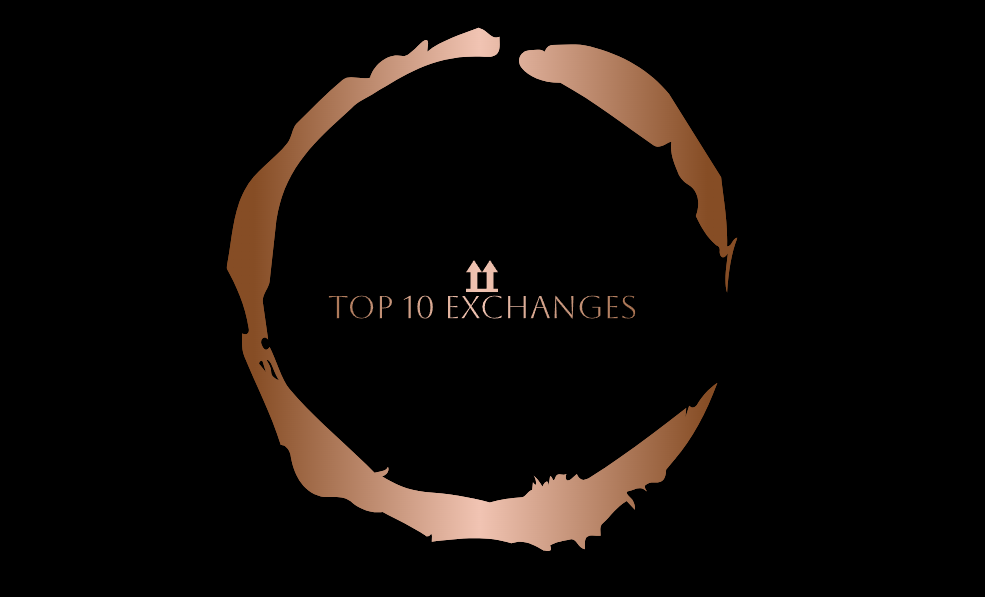As cryptocurrencies continue to gain mainstream adoption, the need for secure and trustworthy trading platforms has become more critical than ever. Regulatory compliance plays a vital role in ensuring that crypto exchanges operate transparently and protect their users. While not all exchanges are created equal, those that adhere to strict regulatory frameworks offer a safer and more reliable environment for traders and investors. This blog explores the importance of regulatory compliance in crypto exchanges and highlights some of the safest platforms globally.
Why Regulatory Compliance Matters in Crypto Trading
The decentralized nature of cryptocurrencies has made them attractive to investors, but it has also created opportunities for fraud, money laundering, and security breaches. Regulatory compliance helps mitigate these risks by ensuring that exchanges follow established rules and guidelines. Here’s why it’s essential:
- User Protection
Regulatory oversight ensures that exchanges implement robust security measures, protect user funds, and maintain operational transparency. - Fraud Prevention
Compliance with anti-money laundering (AML) and know-your-customer (KYC) regulations reduces the risk of fraudulent activities and scams. - Market Stability
Regulated exchanges contribute to the stability of the cryptocurrency market by fostering trust and reducing systemic risks. - Access to Legal Recourse
In the event of disputes or losses, users of regulated exchanges are more likely to have access to legal protections. - Global Recognition
Regulatory compliance enhances an exchange’s reputation, making it more attractive to institutional investors and individual traders alike.
Key Features of Regulated Crypto Exchanges
Exchanges that prioritize regulatory compliance often exhibit the following characteristics:
- KYC and AML Processes: Verification of user identities to prevent illegal activities.
- Licenses and Certifications: Approval from financial authorities in the jurisdictions they operate.
- Insurance Funds: Coverage for user assets in case of hacks or system failures.
- Audited Financials: Regular reporting and auditing to ensure transparency.
- Segregated Accounts: Keeping user funds separate from operational funds.
The Safest Crypto Exchanges Globally
Here’s a list of some of the most secure and regulation-compliant crypto exchanges globally:
1. Coinbase (USA)
Regulatory Status:
Coinbase is regulated by the U.S. Securities and Exchange Commission (SEC) and adheres to Financial Crimes Enforcement Network (FinCEN) regulations.
Why It’s Safe:
- Fully compliant with U.S. laws, including KYC and AML protocols.
- Insurance for digital assets stored in hot wallets.
- Publicly listed on the NASDAQ, ensuring high transparency.
Ideal For:
Traders seeking a secure, beginner-friendly platform with robust legal backing.
2. Kraken (USA)
Regulatory Status:
Kraken is a registered Money Services Business (MSB) with FinCEN in the U.S. and FINTRAC in Canada. It complies with European financial regulations.
Why It’s Safe:
- Adheres to stringent regulatory frameworks across multiple jurisdictions.
- Offers Proof of Reserves audits to ensure solvency.
- Strong emphasis on user security with advanced encryption and cold storage.
Ideal For:
Users looking for a transparent exchange with high-security standards.
3. Binance (Europe and Global)
Regulatory Status:
Binance is regulated in various countries, including France, Italy, and Dubai. The Binance.US platform complies with U.S. regulations.
Why It’s Safe:
- Implements regional regulatory compliance tailored to specific jurisdictions.
- Robust KYC and AML procedures.
- Secure Asset Fund for Users (SAFU) to compensate users in case of hacks.
Ideal For:
Traders seeking a global platform with a wide range of cryptocurrencies.
4. Bitstamp (Luxembourg)
Regulatory Status:
Bitstamp is regulated by the Luxembourg Financial Industry Supervisory Commission (CSSF) and complies with EU regulations.
Why It’s Safe:
- One of the oldest crypto exchanges, with a strong reputation for reliability.
- Fully compliant with EU laws, including MiFID II and GDPR.
- Funds are insured and stored in secure, offline locations.
Ideal For:
European traders prioritizing regulatory oversight and security.
5. Gemini (USA)
Regulatory Status:
Gemini is regulated by the New York State Department of Financial Services (NYDFS) and operates as a trust company.
Why It’s Safe:
- First exchange to complete a SOC 2 Type 2 security audit.
- Insurance for digital assets held in its wallet.
- Transparent governance and compliance practices.
Ideal For:
Investors looking for a secure and institution-friendly platform.
6. eToro (Global)
Regulatory Status:
eToro is regulated by multiple authorities, including the Financial Conduct Authority (FCA) in the UK, the Australian Securities and Investments Commission (ASIC), and the Cyprus Securities and Exchange Commission (CySEC).
Why It’s Safe:
- Comprehensive KYC and AML compliance across all regions.
- Segregated accounts for user funds.
- Transparent fee structures and investor protections.
Ideal For:
Beginner traders interested in crypto and social trading.
7. Luno (South Africa and Global)
Regulatory Status:
Luno is registered with financial authorities in Malaysia, Singapore, and South Africa and complies with regional regulations.
Why It’s Safe:
- Strong focus on regulatory compliance in emerging markets.
- Offers secure storage and two-factor authentication.
- Provides easy access to crypto for new users.
Ideal For:
Traders in emerging markets seeking a regulated and accessible platform.
8. SwissBorg (Switzerland)
Regulatory Status:
SwissBorg adheres to Swiss financial regulations and operates under the supervision of the Swiss Financial Market Supervisory Authority (FINMA).
Why It’s Safe:
- Complies with Switzerland’s stringent financial laws.
- Emphasizes transparency with proof-of-reserves reporting.
- Highly secure with multi-signature wallets.
Ideal For:
Investors valuing transparency and Swiss-level security.
How to Verify an Exchange’s Regulatory Compliance
To ensure the safety of your investments, verify an exchange’s regulatory status through these steps:
- Check Licenses: Look for proof of licensing on the exchange’s website.
- Research Regulatory Bodies: Ensure the regulating authority is legitimate and recognized.
- Read User Reviews: User feedback often highlights compliance issues.
- Look for Transparency: Reputable exchanges are open about their security measures and operational practices.
Conclusion
Regulatory compliance is the cornerstone of a safe and reliable crypto exchange. By adhering to strict guidelines, regulated exchanges like Coinbase, Kraken, and Gemini provide traders with the security and confidence needed to navigate the cryptocurrency market. Whether you’re a beginner or an experienced trader, choosing a compliant platform is essential for protecting your funds and ensuring a seamless trading experience.
As crypto regulations continue to evolve, the safest exchanges will be those that adapt proactively, prioritizing transparency, security, and user trust. Always research an exchange’s compliance and security features before committing your funds, and stay informed about the latest regulatory developments in the crypto space.

